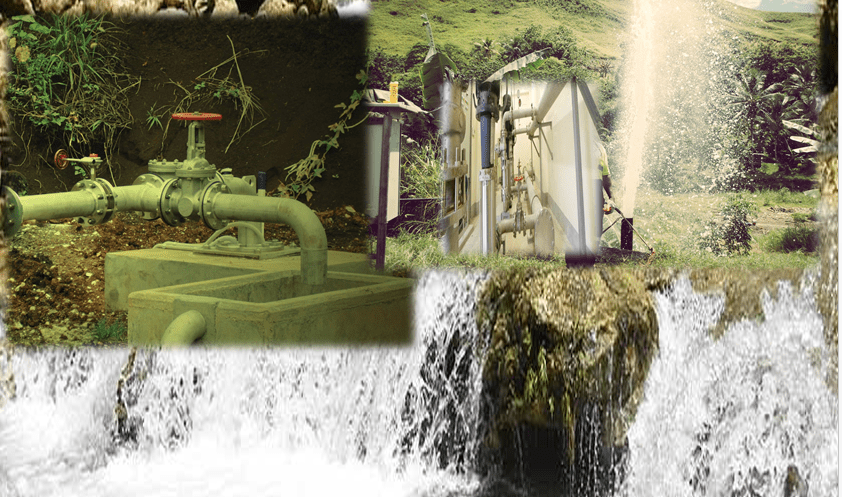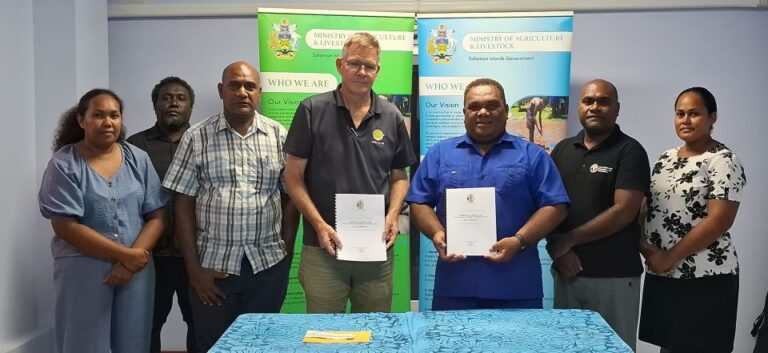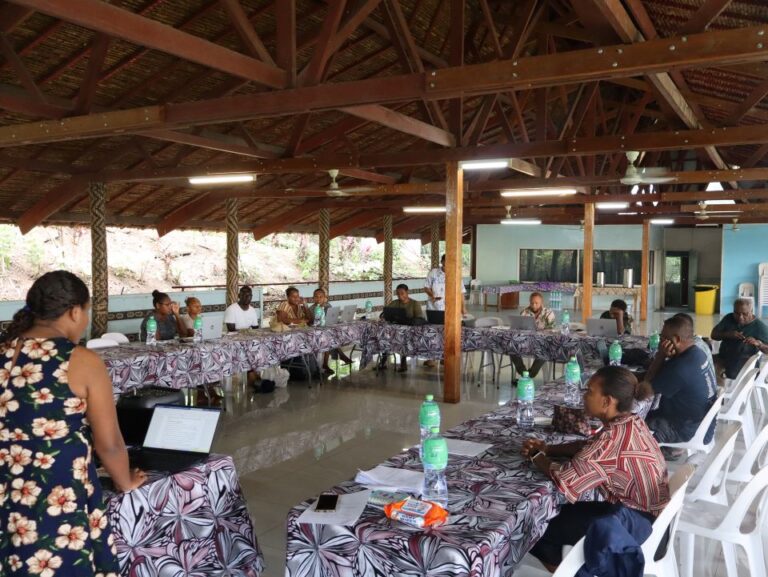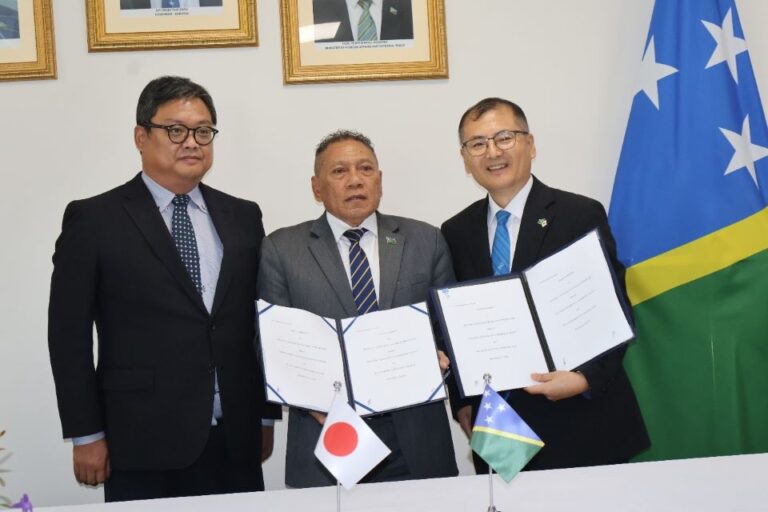BY JOHN HOUANIHAU
HONIARA residents must know that water from boreholes installed by Solomon Water is tested and treated first before the water is used for domestic purposes to avoid contracting diseases, Solomon Water Engineer, Ray Anderson has said.
The assurance comes after it emerged that most Honiara residents, including those in urban outskirt communities, have questioned the quality and safety of drinking water supplied by the Solomon Islands Water Authority (SIWA) from the installed boreholes and reservoirs and pump water to Honiara city for domestic use.
Over the years, several Honiara residents have turned to mineral water bottles because they no longer trust the water supplied by the Solomon Islands Water Authority.
Ray Anderson said Solomon Water’s top priority is to ensure that all installed boreholes are treated first before domestic use.
He said evidence has always proved that underground water can be contaminated at any stage, especially in situations where excess chemicals find their way into the water, sewage leakage, and debris caused by heavy rain, floods, and waterlogged.
“The only common threats to our boreholes in Honiara are heavy rain, flooding, and water-log which can contribute to the contamination of these boreholes,” Anderson explained.
According to Solomon Water, water from boreholes is treated with chlorine and it’s undertaken by Solomon Water to improve the quality of water. Treatment is carried out with the use of chlorination, the process of adding chlorine to the water we supply to disinfect and kill germs that it is safe for drinking.
“Solomon Water has over the years installed boreholes and reservoirs and pump water to Honiara city for domestic use.
“Solomon Water extracts 60 percent of its water from open springs and 40 percent of its water from boreholes in the place where it operates to supply water to your homes. Raw water is taken from the open springs and boreholes and transported through 200 mm pipelines to our pump stations.
“From our pump stations, water is transported in large distances through valleys and terrains to our storage reservoirs. As the water is moved to our storage reservoirs, it went through a disinfectant process where our team of water quality experts disinfectant the water with chlorine so that is it safe for consumption.
“As it passes through the disinfection process, water is pumped through to distribution 600 mm distribution main where it is distributed to service lines. At the end of the service, lines are where Solomon Water puts its water meters where it calculates how much water you use.
“From the water meter, it travels to your home plumbing and through to your tap where you can turn it on and get a cool glass of water.”
Earlier last week, Solomon Water Engineer, Ray Anderson said that illegal settlement communities residing close to Solomon Water reservoirs and boreholes are posing a serious threat to Honiara City’s water safety.
“My major concern now is the existence of too many illegal settlements within some of these SIWA pore hole areas that are risky to the safety of these pore holes,’’ he said.
He said that the continuous testing of water is done according to the World Health Organisation (WHO) standards, whilst it is quite a challenge, they working towards achieving safe urban water for everyone in Honiara.
“At present Solomon Water or the government has no standard of its own, however, there are guidelines and standards published by the world health organization, and these are referred to in establishing Solomon Water’s quality control policies.
He warned illegal settlers and the general public residing close to the Solomon Water installed boreholes and reservoirs to respect the Solomon Islands Water Authority protocols and to build away from designated water source areas.




